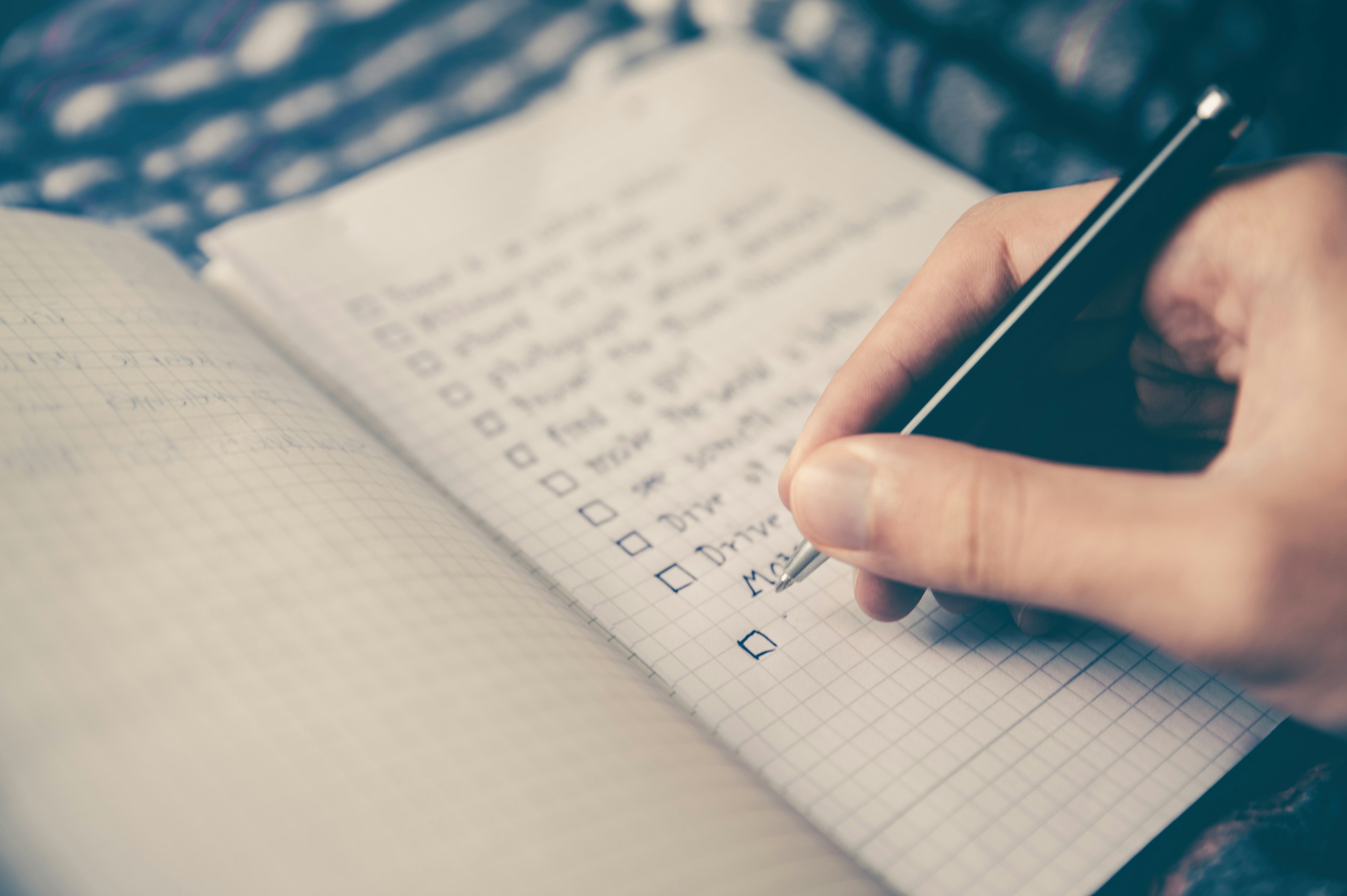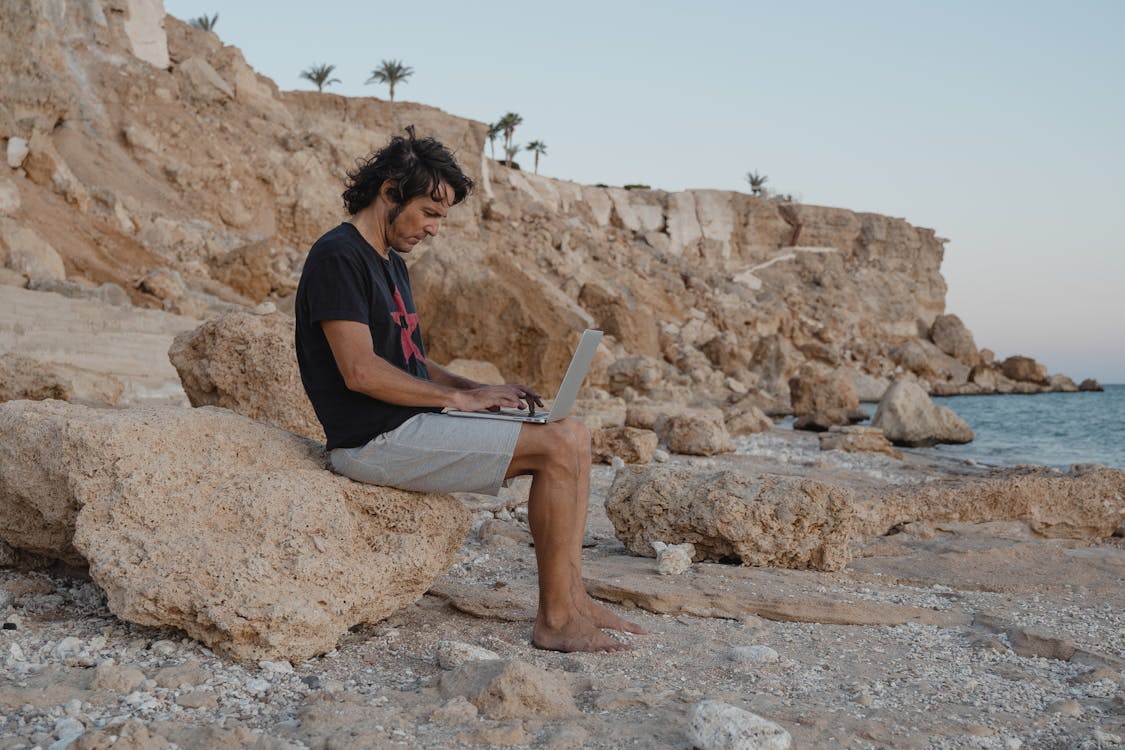Vacations are a chance to recharge your batteries, but they can also be a stressful time. Like anything else in life, you can make the most of your vacation by planning ahead and managing expectations. Here are some tips that will help you enjoy your time away, have great memories when you return home (and avoid arguments!), and return to work with a sense of renewed energy:
Do New Things

When you go on vacation, your goal is to relax and get away from the stresses of everyday life. One way to do this is by doing new things while on vacation. When you’re at home, there are so many things that you take for granted and do without even thinking about it. If you want to make the most out of your vacation, try something new while on vacation:
- Try a new restaurant – Try a variety of restaurants in the area where you are staying or visiting. Pick one that has good reviews and look up menus online before heading out so that you can decide what type of food appeals to your tastes. Also check out their websites for more information about what they offer their guests!
- Try something new – This could mean anything from trying a sport such as surfing or rock climbing all day every day during your trip, going hiking with friends each morning before breakfast (while making sure everyone wears proper footwear), or even just getting up early enough one morning so that everyone gets breakfast together before heading out into town with our kids excitedly running around playing tag while mommy tries her best not get hurt while also having fun!
Planning May Be The Best Part.

In addition to the stress of rushing around and packing everything you'll need for your trip, you have to figure out how much money you're going to spend on stuff.
If you plan in advance and make a budget before leaving home, then it's easy to stick with that budget while on vacation. You won't be tempted by all the cool things there are to buy while traveling because they're not part of your plan! Plus, planning ahead can help save money—big time! And saving money is always awesome!
Manage Work

It’s the thought that counts, right? You’ve planned this vacation for a long time. You’re excited about finally getting away from it all and being able to relax. But you also have work to do—or at least, someone else does: your boss.
We've all heard them say it: "Don't check email while you're on vacation." It seems like common sense: The last thing you want is for your inbox to be flooded when you get back from vacation and find yourself buried under an avalanche of mail. That's not what vacations are for! Your inbox can wait until at least Wednesday, when your brain will be ready for some serious thinking about the projects that need finishing up before next week's meetings (and hopefully by then, there won't be any urgent messages).
But here's another thing we've probably all heard our bosses say: "Look forward to hearing from me while I'm out of town," or "I'll catch up with everyone when I get back." This might seem like good news if they're giving their employees something positive—time off! And yet this comment could actually lead us astray; it raises expectations that aren't realistic, especially if our bosses are prone toward micromanagement or stress-inducing behavior in general (and let's face it—a lot of people working in offices these days fall into those categories).
Turn Off Technology

You might be thinking, “But what about my smartphone? What will I do without it?”
Well first off, you can just turn your phone off. That's the easiest way to avoid getting distracted by technology. If you absolutely must have your phone with you at all times (and let's face it, many of us are attached to our smartphones), then put it in airplane mode and leave it in your pocket or purse. You'll still have access to maps and other apps—but if there's no cellular signal, no one will be able to call or text you! And if someone does call or text while the phone is out of commission, just ignore the messages. They'll assume that their message didn't go through and try again later when they're sure their message has been received by its intended recipient.*
You might also want to consider taking advantage of this time without technology so that when people ask how your vacation was later on in life, perhaps after retirement has set in and there isn't much else left besides reminiscing about better days gone by...or maybe even earlier than that! You could say something like:
Explore Your Surroundings

- Take a tour of the local attractions.
- Eat at the best restaurants in town.
- Learn about the culture of your surroundings and try new foods!
- Go hiking or sailing, if that’s what you’re into.
Manage The Transition

That said, there's no reason to get too carried away with your vacation. Here are a few things you can do to manage the transition between work mode and vacation mode:
- Be flexible. If you're planning on doing something specific while on vacation, like going white water rafting or attending a certain concert, remember that these plans may not come together as easily as they did before you left. Even if it seems like an inconvenience at first (and it will), try not to get frustrated when things don't go exactly as planned—you'll enjoy yourself more if you're more relaxed about everything.
- Don't make any big decisions. When we return from our travels we often feel energized and inspired by all that we've seen; however, this can also lead us into making big financial commitments or other changes in our lives based solely on our experiences during the trip. In order for this excitement not to carry over into your everyday life too much, avoid major decisions until after your time off has ended; then evaluate whether or not such decisions would actually be beneficial for your life moving forward.
Avoid Arguments

- Avoid arguments. This is a good rule of thumb for everyday life, but it’s especially important when you’re away from home. You don’t want to spend your vacation feeling stressed and annoyed because of a fight. If you feel like arguing about politics? Don’t go on vacation with someone who loves talking about politics (but isn't interested in hearing your opinion). If your partner won't stop talking about their latest spiritual revelation? You know what time it is. And if your child has been begging to see "The Lion King" since before Christmas and now can't understand why they can't just take Mommy's credit card and buy tickets online...well...you get the point (and I'm sure there are lots more examples).
- Remember: This isn't forever! Even if someone says something really hurtful while they're on vacation, remember that it's only temporary—it will fade away once everyone returns home, especially if both parties have apologized sincerely for any misunderstandings or miscommunications that may have occurred during their travels together (and hopefully resolved any lingering issues).
Fill Your Days With Enjoyable Things.

You've got to fill your days with enjoyable things. Like, "museum and gallery" enjoyable things. And historical sites.
Museums are great because they're typically free of charge and offer a diverse range of cultural experiences—from art to science to history. Galleries offer the same sort of thing, but you get to stare at amazing paintings without having to learn about them in school. Historical sites are also great because they allow you to explore an area's history by visiting places that have been around for centuries (or even millennia).
Imagine being able to say that you visited the first McDonald's ever made! Or maybe the place where Walt Disney created Mickey Mouse! These are just some examples; there are millions of historical sites across America that are waiting for visitors like yourself!
You could also try something new during your vacation... like skydiving or playing paintball or swimming with dolphins at SeaWorld Orlando! The possibilities really are endless when it comes down to it—and they don't all have anything in common either: Some people will tell their friends back home all about their latest trip while others might not think much about it afterward; so if this is something important enough for them then why not give it some thought now?
Outsource The Not-Fun Stuff

- What to Outsource: The stuff that isn't fun.
- How to Outsource: Find a way to outsource it. (If you can't, then maybe it's something you need to learn how to do yourself.)
- Why It Is Important To Outsource The Not-Fun Stuff: You already know this, but I'll say it again anyway: "Life is short."
Live Like a Local Takeaway

Plan to have a vacation that will give you great memories and recharge your batteries.
When you are on vacation, you're supposed to be relaxing and enjoying yourself. You can't do that if you're not giving yourself the opportunity to experience what makes a particular place unique. When traveling, try eating local food, talking with the locals and trying new activities. This is one of the best ways to immerse yourself in a foreign culture. If you go out of your way to learn more about the history of your destination before visiting it will make your visit much more meaningful and memorable as well.
End On A High Note

And if you're striving to leave your vacation with a bang, it's important not to leave things undone. That means no unfinished business, no chores, and definitely no more laundry than what was already there when you arrived. A little planning will ensure that you won't be stuck in the same situation as some poor soul who ran out of clean underwear at the worst possible moment—and then had to go commando for the rest of their stay.
Vacations are supposed to be relaxing and fun, but they can also cause stress and anxiety. If you plan carefully, though, you’ll find that your vacation is more enjoyable than ever. The most important thing is to make sure that everyone in the family has enough time for what they want to do in their free time. It’s also important not to forget about yourself while planning for others—make sure there is enough time set aside each day for a personal activity as well!

